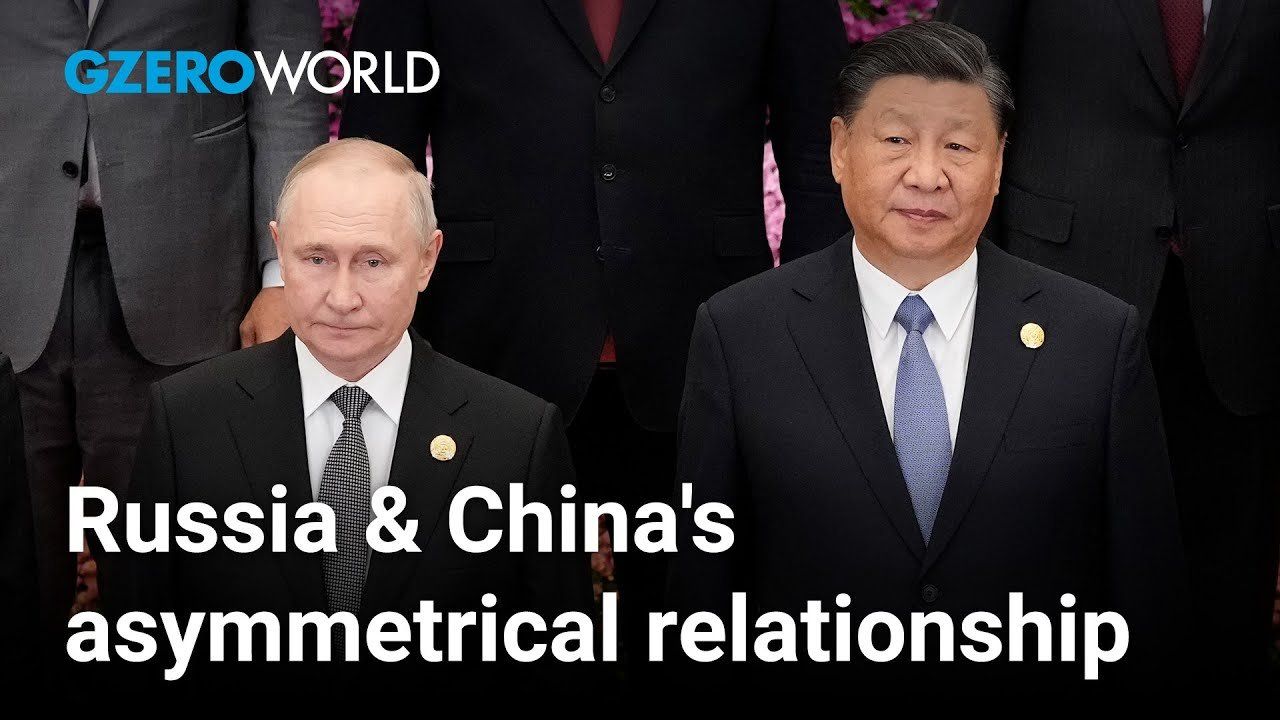GZERO World Clips
Putin needs Xi to win the war in Ukraine

Russia & China's asymmetrical relationships | GZERO World with Ian Bremmer

David Sanger, Pulitzer prize-winning New York Times journalist and author of "New Cold Wars," discusses the evolving relationship between China and Russia, highlighting its asymmetry and significance in today's geopolitical landscape. He points out how much the tables have turned. During the Cold War of the 20th Century, the Soviet Union was the dominant power when it came to its relationship with China. Decades later, it's clear that China holds the upper hand. "China holds more cards than the Russians do," Sanger tells Ian Bremmer. Not only that, Russia's Vladimir Putin needs China's Xi Jinping by his side in order to prevail in his war with Ukraine. "He [Putin] needs that Chinese technology desperately... He does not have a choice except to deal with the Chinese on Chinese terms right now."
And what does that mean for China's interests when it comes to the United States? "If you're Xi," Sanger says, "the two best things that can happen to you is that the US is tied up in Ukraine or ripping itself apart about the aid and consumed again in the Middle East." And at least in that respect, Xi seems to be getting everything he wants.
The Supreme Court has struck down President Trump’s use of the national emergency clause to impose sweeping tariffs around the world. In this Quick Take, Ian Bremmer explains why this ruling was predictable and why it’s a major setback for Trump’s trade strategy.
Think you know what's going on around the world? Here's your chance to prove it.
2.5 million: The population of Gabon who can no longer get onto certain social media platforms, like YouTube and TikTok, after the government suspended access on Tuesday.